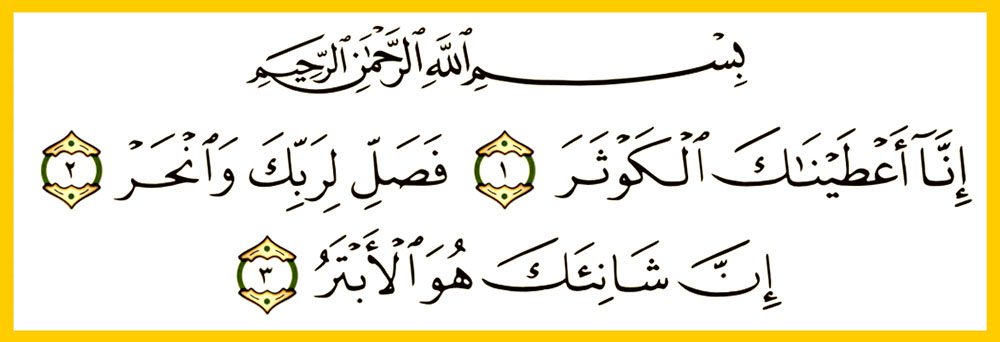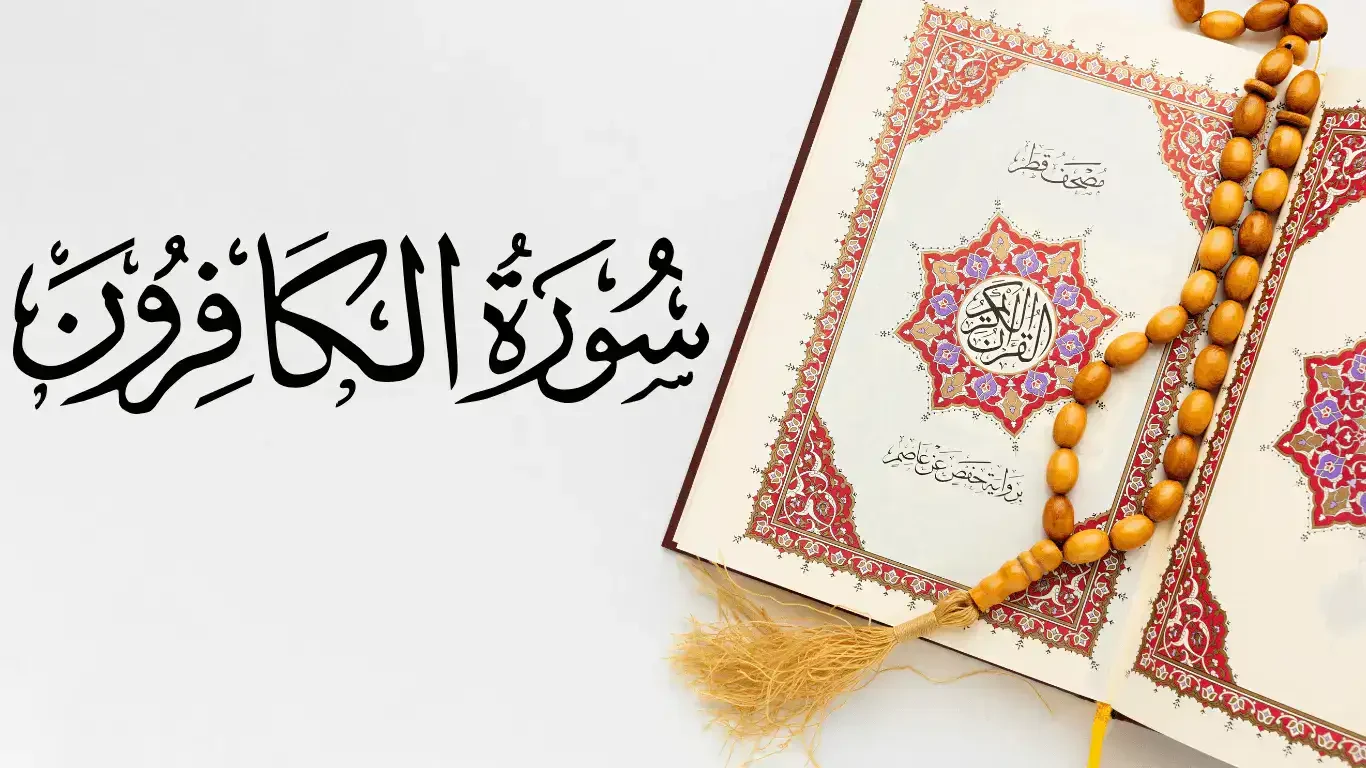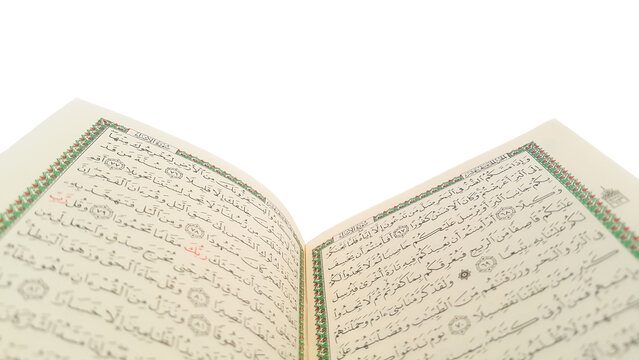Benefits of Surah Kausar: The Quran’s Shortest Surah
Though the shortest Surah in the Holy Quran, Surah Kausar holds much spiritual benefit. The benefits of Surah Kausar are not confined to mere recitation, providing a powerful reminder of Allah’s endless mercy and blessings. This Surah was revealed to Prophet Muhammad SAW during some testing times, reassuring us that there is ample reward and guidance from Allah Ta’ala. Reflecting on deeper meanings of Surah Kausar can inspire one to live a life of gratitude, faith, and trust in Allah’s will.
Facts about surah Kausar
Surah Al-Kawthar is the shortest chapter in the Qur’an, with just three verses. Even though it is very short, it carries deep and important messages. It is the 108th chapter and is located in the last section (Juz) of the Qur’an.
When Was Surah Al-Kawthar Revealed?
Surah Al-Kawthar was revealed before Prophet Muhammad (ﷺ) migrated to Medina. This means it was revealed during the early days of Islam when the Prophet faced strong opposition in Makkah. Most Islamic scholars, including Abdullah bin Abbas, Abdullah bin Az-Zubair, and Aishah (RA), agree that this surah is Makki, meaning it was revealed in Makkah. Other scholars like Kalbi and Muqatil also support this view, confirming that Surah Al-Kawthar was revealed in Makkah. The majority of commentators agree on this, further reinforcing its Makki status.
Though concise, Surah Al-Kawthar’s message resonates deeply, encapsulating themes of divine mercy, blessings, and the promise of an abundant reward for the Prophet Muhammad
The context behind surah Al-Kawthar’s revelation
In the early days of Islam, Prophet Muhammad (ﷺ) and his followers faced strong resistance in Makkah. The non-believers made fun of the Prophet, and one of the most hurtful insults they used was the word “Abtar,” which means “cut off” or “without descendants.” This was because the Prophet’s sons had passed away at a young age, and his enemies used this to mock him, saying his legacy would end with him. During this tough time, Surah Al-Kawthar was revealed to bring comfort and hope. Allah sent this short but powerful surah to reassure the Prophet, reminding him that despite the mockery and difficulties, his mission was very important and would be greatly blessed.
Reasons behind revealing surah kausar
Surah Al-Kawthar was revealed at a period when the Prophet Muhammad ﷺ and his companions were facing a lot of ridicule, especially with regard to the death of his sons. The disbelievers mocked him by calling him “Abtar,” meaning “cut off.” In response, Allah revealed this surah for several reasons:
- To Console the Prophet: The surah reassured the Prophet that his legacy would not be defined by the loss of his sons.
- Promise of Abundance: Allah promised the Prophet an abundance of blessings, symbolized by “Al-Kawthar,” far greater than what his enemies mocked him for.
- Encouragement of Patience: It reminded the Prophet and his followers to remain firm in their faith, emphasizing the lasting influence of his mission over mere descendants.
Benefit of surah Kausar
Benefits of surah Kausar are countless, this surah powerful chapter in the Qur’an, offering a wide range of blessings and benefits for those who recite it sincerely.
Some of the key benefits include:
- Blessings and Rewards from Allah
Reading Surah Kausar brings abundant blessings from Allah. When you recite it with true faith, it brings peace, success, safety from harm, and blessings in this life and the next.
- Protection from Enemies and Evil
Reciting this surah with strong belief works like a shield, keeping away bad energy and the plans of those who want to hurt you. It reminds us that Allah (SWT) is our greatest protector, guarding us from any danger.
- Healing for Body and Mind
It also helps in healing both physical and mental illnesses, bringing comfort and relief. It is known to relieve both physical and mental ailments. During a state of stress or even pain, the recitation of Surah Al-Kawthar can bring comfort and calmness, reducing anxiety and soothing the emotions.
- Strengthening of Faith
One of the powerful benefits of Surah Kausar is to strengthen one’s faith in Allah Subhana Wa Ta’ala. This surah reflects upon Allah’s great mercy and His generosity, reminding us of His endless blessings. It encourages patience during times of difficulty, reinforcing the importance of maintaining faith and trust in Allah.
What is surah Kausar about? Key topics & lessons
Surah Al-Kawthar is a brief yet powerful surah, revealed to comfort Prophet Muhammad (SAW) during the grief of losing his son. It contains key themes and lessons:
- Allah’s Great Gifts and Plenty: The surah highlights Allah’s endless spiritual gifts, represented by “Kawthar,” a river of endless rewards, promising the Prophet of Allah’s kindness.
- Allah’s Steady Help: Surah Al-Kawthar comforts the Prophet, saying that even when facing insults and struggles, Allah’s support will never fail, and His Prophet will always be safe.
- Thankfulness and Worship: The surah teaches that all blessings should inspire more worship and thankfulness to Allah, as shown in the instruction to “pray to your Lord and make sacrifices.”
- Enduring Legacy: The Prophet’s true legacy is not in his descendants but in the lasting impact of his message, showing that his mission will continue to flourish.
- Patience and Trust: It encourages patience in difficult times, reminding the Prophet and his followers to trust in Allah’s plan and wisdom.
Explanation of the surah
Surah Al-Kawthar is a powerful and comforting chapter that reassures Prophet Muhammad (SAW) during a time of personal loss.
- The surah begins by affirming that Allah has granted Prophet Muhammad (SAW) a great gift, symbolized by Al-Kawthar. This is often understood as a river in Paradise, a reward for the Prophet, and a source of immense goodness for his followers. It highlights Allah’s immense generosity and His special favor upon the Prophet.
- In the second Ayah, Allah orders the Prophet in this Ayah to be grateful and to ascribe the acts of worship, especially prayers and sacrifice, to Allah. These are considered the highest level of acts in Islam, whose intention in their performance should be none other than seeking closeness to Allah.
- Finally, the surah concludes with a message to the enemies of the Prophet. Allah consoles the Prophet by reminding him that those who oppose him and his message are truly “cut off,” meaning they will be deprived of all good in this world and the Hereafter. This serves as a reassurance to the Prophet that, despite the ridicule he faced, those who sought to harm him would ultimately be the ones who suffer.
Integrating surah Al-Kawthar in daily life
Benefits of surah Kausar are numerous. Additionally, the surah offers valuable lessons that can enhance our daily spiritual practices. Here’s how you can integrate its message into your routine:
- Gratitude in Worship: Make a habit of thanking Allah for His blessings during every prayer, reflecting on both the seen and unseen gifts He has bestowed upon you.
- Regular Recitation: Recite Surah Al-Kawthar daily, especially after prayers, to invite peace and blessings into your life while remembering Allah’s generosity.
- Sincerity in Worship: Perform your acts of worship with sincerity, ensuring they are solely for Allah’s pleasure. This can be reflected in your actions, intentions, and interactions.
- Patience in Adversity: In times of difficulty, remember that those who oppose you will ultimately be cut off from Allah’s mercy. Stay patient and trust in Allah’s greater plan.
- Seeking Allah’s Mercy: Turn to Allah regularly in supplication, seeking His forgiveness and mercy, knowing that He is always ready to answer those who sincerely call upon Him.
Noor Institute: bringing light to Islamic education
Dedicated to empowering faith, Noor Institute is illuminating the path of Islamic knowledge. It offers a unique educational experience that combines traditional Islamic teachings with modern approaches. The institute is committed to helping students grow both mentally and spiritually, creating a space where they can better understand Islam and live by its principles. Noor Institute provides various courses to empower learners, giving them the knowledge to face life with confidence, wisdom, and a strong bond to their faith. By striving for excellence, Noor Institute is paving the way for a more knowledgeable and enlightened Islamic community.
Conclusion
Surah Kausar is one of the most meaningful surahs in the Quran, filled with deep wisdom and blessings. To truly understand its message and gain its benefits, it’s not enough to just read it; we need to apply its lessons in our everyday lives. If you’re looking to explore the deeper meanings and unlock the full benefits of Surah Kausar, as well as other Quranic teachings, Noor Institute is the ultimate destination. With its focus on teaching Islam in a complete way, Noor Institute helps individuals and families live according to the Quran’s guidance, strengthening their faith and spiritual connection.
Frequently asked questions
- What does Kausar mean in surah Kausar?
Kausar refers to an abundance of blessings. It is commonly understood as a river in Paradise, symbolizing Allah’s immense generosity and the spiritual rewards promised to the Prophet Muhammad (SAW) and his followers.
- What is the best time to read surah Kausar?
The best time to read it is after the required prayers (Salah), particularly after Fajr and Maghrib. You can also read it anytime to ask for blessings and peace.
- How many times should we read Surah Kausar?
There is no fixed number, but many people read it three times after each prayer as a common habit.














